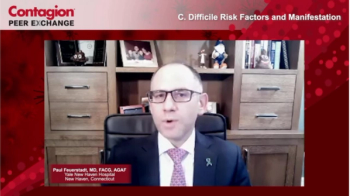
Understanding the burden of C. difficile across the United States, panelists explore common risk factors associated with the condition and discuss the different ways it can manifest in patients.

Understanding the burden of C. difficile across the United States, panelists explore common risk factors associated with the condition and discuss the different ways it can manifest in patients.

What healthcare providers need to know about the 2 strains of C. difficile, including types of patients impacted and typical outcomes.
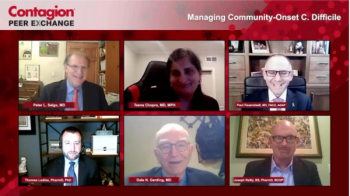
Sources of transmission and challenges that impact the management of community-onset C. difficile.
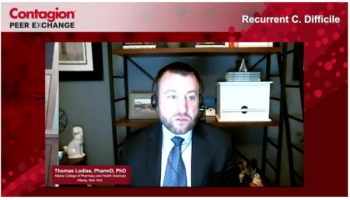
A discussion regarding the increasing frequency of C. difficile recurrence and its effects on patients and the healthcare system.
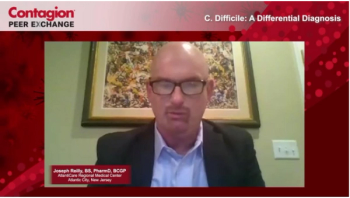
Important things to understand about diagnosing C. difficile and recommendations for properly differentiating the condition from other diseases when working-up a patient.
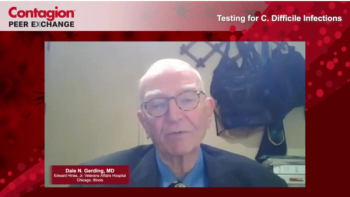
Types of testing algorithms used in clinical practice to help clarify a diagnosis of C. difficile infection.
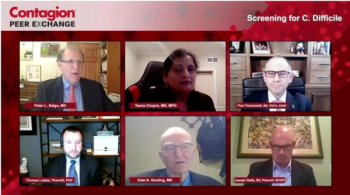
A panel of clinicians recognize the challenges associated with screening patients for the C. difficile infection and highlight factors that should prompt someone for an evaluation.
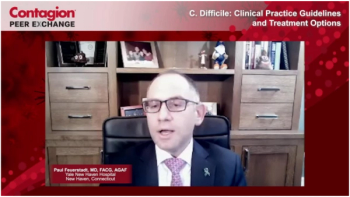
Recommendations for treating C. difficile upon a first recurrence as well as following multiple recurrences based on currently available treatment options and recommendations by the IDSA/SHEA clinical practice guidelines.
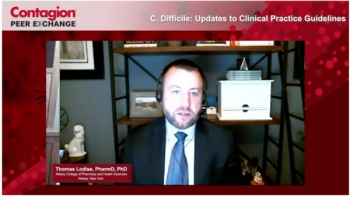
Implications regarding how to properly treat patients with C. difficile infections based on data that has emerged since clinical practice guidelines were last updated.
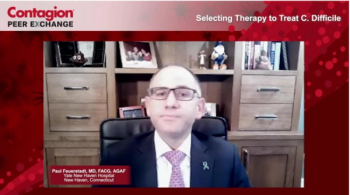
Important factors to consider when selecting an appropriate therapy to treat C. difficile.
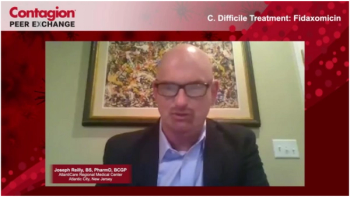
A discussion on fidaxomicin as treatment for C. difficile infections and clinician feedback on current challenges that impact its use in clinical practice.
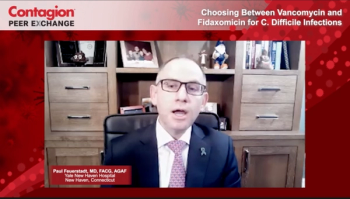
Implications for prescribing vancomycin or fidaxomicin to treat C. difficile infections.

The rationale for using bezlotoxumab as treatment for certain patients with C. difficile infections and current limitations that are impacting its use in clinical practice.
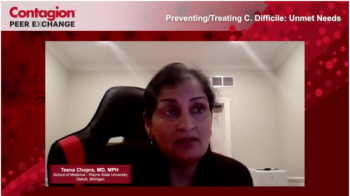
Current gaps in the prevention/treatment of C. difficile infections, as highlighted by leading healthcare professionals.
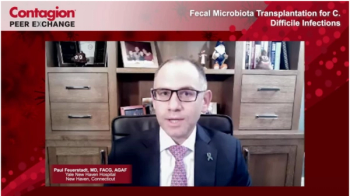
Panelists discuss the use of fecal microbiota transplantation as treatment for eligible patients with C. difficile.
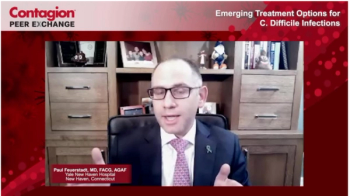
Healthcare experts comment on current data associated with emerging microbiota therapies that are currently under study for the treatment of C. difficile infections.
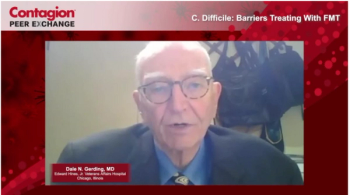
Current barriers associated with the use of fecal microbiota transplantation for C. difficile infections.
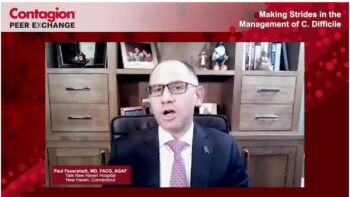
Therapies in the pipeline to treat C. difficile and closing thoughts on what is most exciting, in regards to better prevention and management of the condition, moving forward.